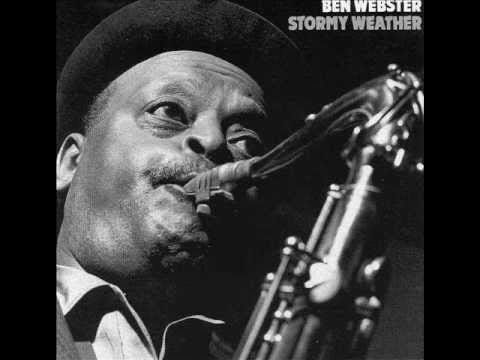If you were single, or looking for romance in the 1980s, chances are you perused the personal ads of New York magazine, the Village Voice, or the New York Review of Books (NYRB). New York magazine seemed for upper east side singles looking for their "Prince Charmings." Sometimes I would answer these letters with intoxicated rants, like, "Oh, you're so perfect, Princess? Good luck finding that Prince!" For some reason, I never got replies. The Voice was, of course, more downtown, more writers and artists, and I did get a few dates between marriages. I asked one why she didn't want to go out again: she was a semi-famous writer, too. She said I drank too much. The nerve! I told her, "the problem is that you don't drink enough!" In the late 1990s, I noticed that prostitutes appeared to be advertising in the Voice for married men. I was writing a music column, Sounds, for Penthouse magazine at the time. They sent me so much money to investigate (though not participate) that even my wife sa…
Keep reading with a 7-day free trial
Subscribe to Critical Conditions by Wayne Robins to keep reading this post and get 7 days of free access to the full post archives.



